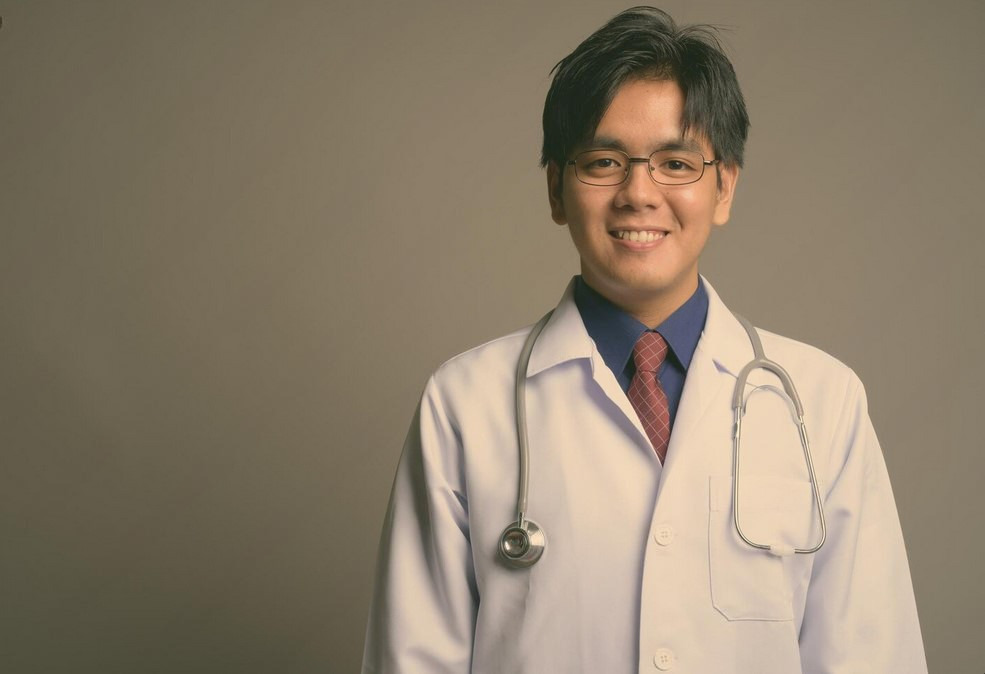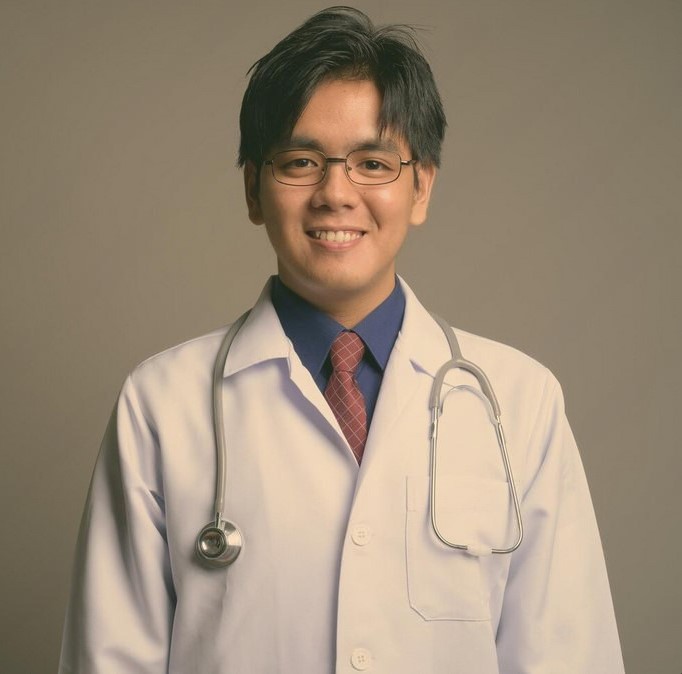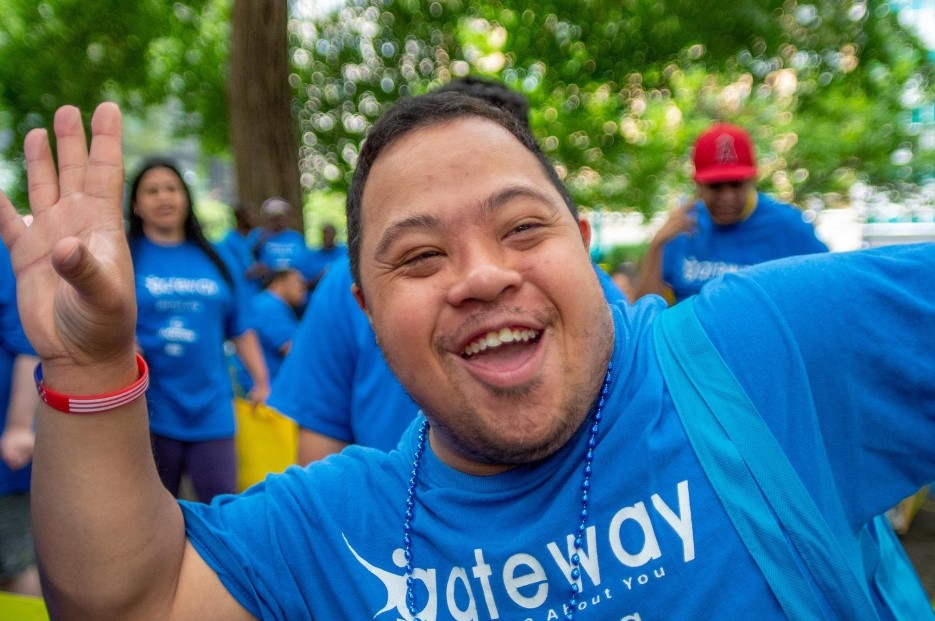

Dr. Marcus Lee is a board-certified psychiatrist with extensive experience in adolescent mental health and a strong clinical focus on the genetic and neurobiological foundations of intellectual and developmental disabilities. Throughout his career, he has worked in both clinical and research settings, collaborating with neurologists, geneticists, and behavioral specialists to improve diagnostic accuracy for complex IDD cases. His approach combines scientific rigor with a warm, patient-centered style, helping families navigate the challenges of developmental conditions. Dr. Lee is widely recognized for his ability to translate complex scientific concepts into practical, compassionate care strategies for his patients and their caregivers.


Dr. Lee completed his medical degree at Stanford University School of Medicine, where he immersed himself in coursework and clinical rotations related to neurodevelopment, neurogenetics, and early-onset psychiatric disorders. At Stanford, he joined a research team studying biomarkers associated with intellectual disabilities, solidifying his interest in the biology of IDD. Prior to medical school, he received his Bachelor of Science in Neurobiology from the University of California, Berkeley. His undergraduate work included laboratory studies on synaptic plasticity and neural development—experience that continues to shape his diagnostic and therapeutic approach. These two institutions provided him with a strong foundation in both neuroscience and clinical psychiatry.

Dr. Lee specializes in the evaluation and treatment of genetically based intellectual and developmental disabilities, including conditions linked to chromosomal variations, rare mutations, and hereditary syndromes. His work includes advanced diagnostic assessments, genomic consultations, medication management, and the integration of behavioral therapies. He places particular emphasis on understanding how neurobiological factors influence cognition, emotional regulation, adaptive behavior, and long-term developmental outcomes. Dr. Lee actively collaborates with genetic counselors, therapists, and educators to create personalized treatment pathways that address both the biological and psychosocial needs of adolescents and young adults with IDD.
![[interface] image of a tablet with an educational app (for edtech)](https://cdn.prod.website-files.com/691f506191dc59985393d60e/691f526367a75e9c5986d4a2_Screenshot_11%20%E2%80%94%20%D0%BA%D0%BE%D0%BF%D0%B8%D1%8F.jpeg)
For Dr. Lee, working in the IDD field is driven by a deep commitment to closing the gap between scientific knowledge and practical access to quality care. He believes that many families struggle not because appropriate treatments do not exist, but because they are difficult to access, poorly explained, or inconsistently applied. His mission is to make evidence-based, biologically informed care available to everyone who needs it. He strives to reduce diagnostic delays, improve treatment outcomes, and support families through transparent communication and collaborative planning. For him, empowering individuals with IDD to reach their full potential is both a scientific pursuit and a profoundly human responsibility.

Dr. Lee serves as a consultant for the Gateway Counseling Center, where his expertise in neurobiology and genetics helps strengthen program design and therapeutic approaches. He values the center’s holistic philosophy, which combines structured learning, community engagement, and individualized clinical support for adults with intellectual disabilities. Dr. Lee is particularly supportive of the center’s activities for adults with learning disabilities, noting that such programs create essential opportunities for skill-building, emotional growth, and social connection.In his consulting role, he assists Gateway Counseling Center in integrating up-to-date scientific evidence into program development. He advises staff on behavioral strategies tailored to individuals with complex genetic conditions, contributes to training sessions, and ensures that each participant benefits from an approach grounded in both compassion and neuroscience. Dr. Lee believes that the Gateway Counseling Center is setting a new standard for inclusive care—one that truly transforms the lives of adults with IDD by fostering confidence, independence, and a sense of belonging.